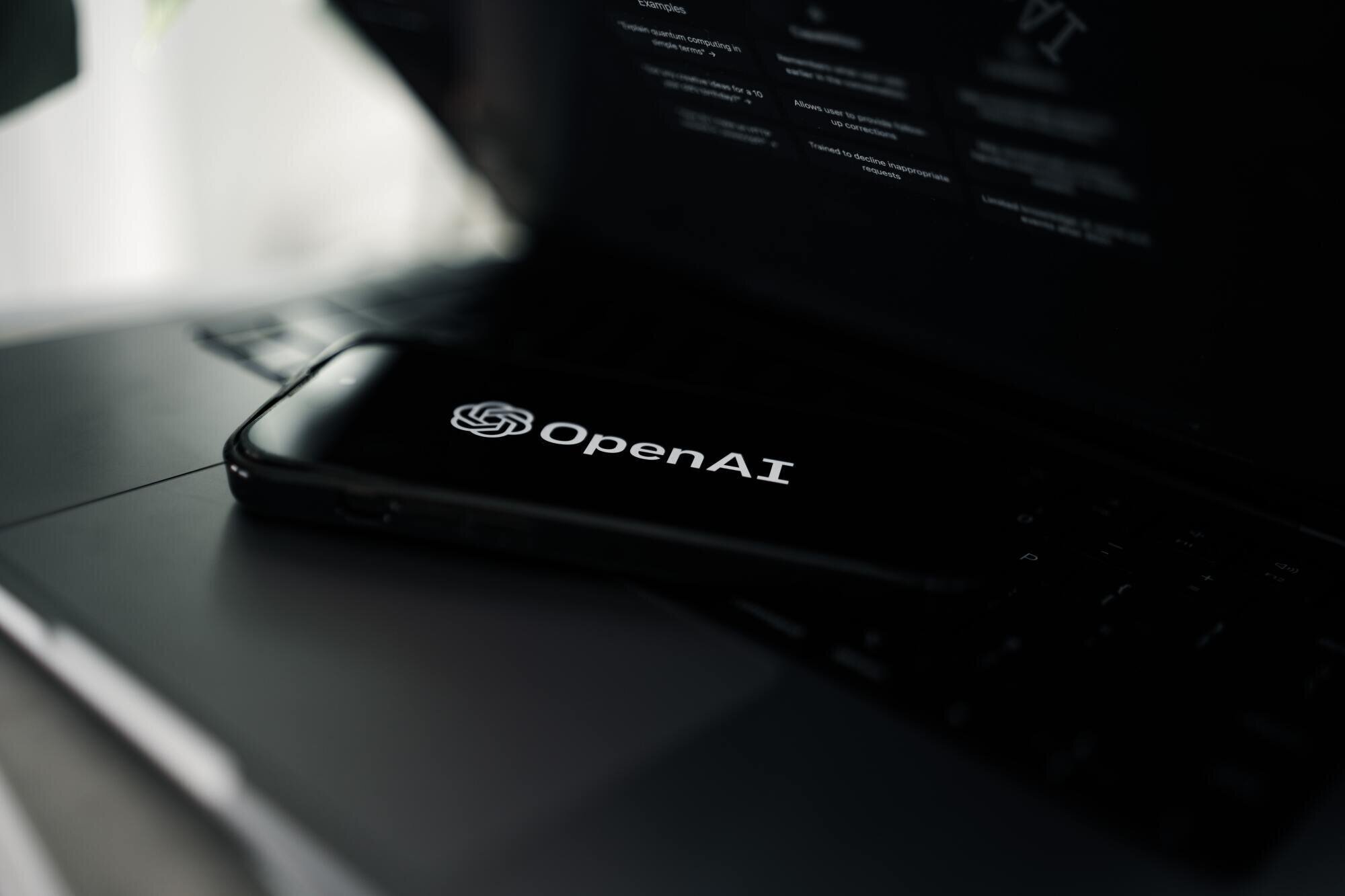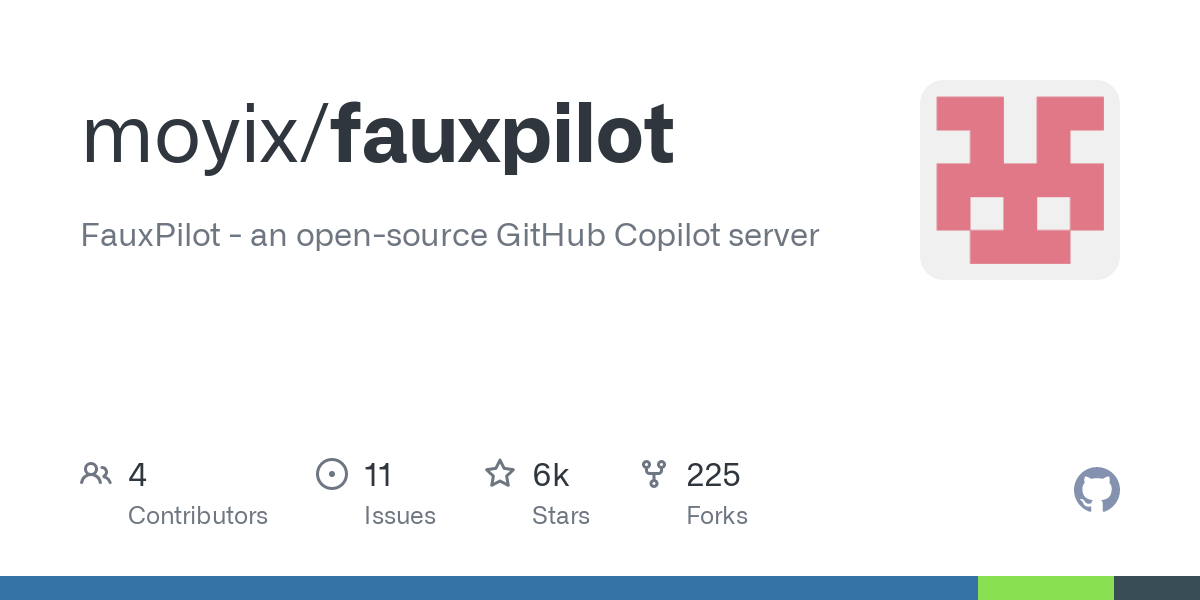Smile’s Innovation Watch #35

Welcome to the 35th issue of Smile’s Innovation Watch, your premier source for exploring the latest developments and trends in technology 🤞.
In this issue, we delve into some of the most pressing topics affecting our world today, including privacy issues, freedom concerns, open-source software, and sustainability or society questions. With a focus on exploring the intersection of technology and society, Smile’s Innovation Watch brings you the latest insights and analysis from our expert at Cornerstone. So sit back, relax, and be prepared to be inspired.
⏳ Reading time: 6 minutes
🌱 Sustainability / Society

Ageless and scandal-proof: Chinese tech groups bank on virtual influencers
As the Chinese government cracks down on human celebrities deemed politically vocal or morally controversial, virtual celebrities are becoming increasingly appealing to companies in China. The virtual idol industry in China is expected to grow to 48 billion RMB by 2025. Tencent and ByteDance, among others, have invested hundreds of millions of dollars in creating digital influencers. Although virtual celebrities are more manageable, they are not immune to controversy and currently earn much less compared to traditional human influencers.

OpenAI has hired an army of contractors to make basic coding obsolete
Over the last 6 months, OpenAI has recruited approximately 1,000 remote workers from regions such as Latin America and Eastern Europe, with 60% of them assigned to data labeling and the rest serving as programmers developing data for OpenAI’s AI models to learn software engineering. It seems that the company is constructing a dataset which comprises not only code lines but also natural language explanations behind them. Currently, the company has a headcount of 375 employees, excluding contractors.

Samsung’s new TV remote uses radio waves from your router to stay charged
The latest Eco Remote from Samsung not only offers solar charging capabilities but also has a new feature that sets it apart from its predecessor: RF harvesting. This allows the remote to maintain its power level by collecting and converting radio waves from routers into energy. This is a noteworthy addition to the remote, as it provides a convenient and eco-friendly solution for keeping it charged. With the integration of RF harvesting, the remote can now sustain its power even without access to traditional charging methods, making it a unique and innovative device.
🔓 Open-source

Linux Foundation announces the OpenWallet Foundation to develop interoperable digital wallets
The OpenWallet Foundation (OWF), a newly established initiative, was initiated by Daniel Goldscheider, CEO of the open banking start-up Yes.com. Today’s announcement, however, showcases the extensive support from a diverse range of industry players, including Okta, Ping Identity, Accenture, CVS Health, OpenID Foundation, and many other public and private organizations.

GitHub - moyix/fauxpilot: FauxPilot - an open-source GitHub Copilot server
An effort has been made to create a locally hosted version of GitHub Copilot. This is achieved by incorporating SalesForce CodeGen models within NVIDIA’s Triton Inference Server, utilizing the FasterTransformer backend. The integration of these tools and technologies is aimed at providing a reliable and efficient platform for developers to manage their code and collaborate with others. The locally hosted version of GitHub Copilot promises to offer a robust solution that can cater to the needs of developers without relying on external servers or cloud infrastructure.

NVIDIA Releases Open-Source GPU Kernel Modules
The release represents a crucial advancement in enhancing the Linux experience with NVIDIA GPUs, providing better integration with the operating system, and enabling developers to debug, incorporate, and contribute to the platform. The availability of open-source modules is a boon for Linux distribution providers, as it simplifies the process and improves the overall user experience. Both Canonical and SUSE can promptly package these open kernel modules into their respective distributions - Ubuntu and SUSE Linux Enterprise. This move will further streamline the process of signing and distributing the NVIDIA GPU driver.
🕵🏻♂️ Privacy / Freedom

Google introduces end-to-end encryption for Gmail on the web
Google has introduced end-to-end encryption for Gmail on the web to enhance privacy and security for users. The encryption will protect the contents of emails as they travel between the sender and the recipient, ensuring that only the intended recipient can access the information. This feature is optional and can be enabled by users.

Meta Quest Pro VR Headset Will Track Your Eyes for Targeted Ads
Meta Quest Pro is a new virtual reality headset that can track eye movements for advertisements and data collection purposes. The headset is being developed by Meta and will have Facebook as a partner for the advertisement aspect. The eye-tracking technology will allow for more personalized and interactive advertisements within virtual reality environments. The headset is aimed at enterprise customers, such as advertisers and marketers, rather than consumers.

iOS VPNs have leaked traffic for years, researcher claims
According to a researcher, VPNs on iOS devices are still leaking traffic even after more than 2 years. The issue occurs when apps access the Internet directly, bypassing the VPN, potentially exposing sensitive information such as IP addresses and user data. The researcher suggests that Apple needs to address the issue by improving the VPN architecture to prevent these leaks. The continued presence of this vulnerability highlights the importance of careful consideration when choosing a VPN service to protect sensitive information.
That’s all folks
Did you enjoy it? If so don’t hesitate to share our article or subscribe to our Innovation watch newsletter! You can follow Smile on Twitter & Youtube.